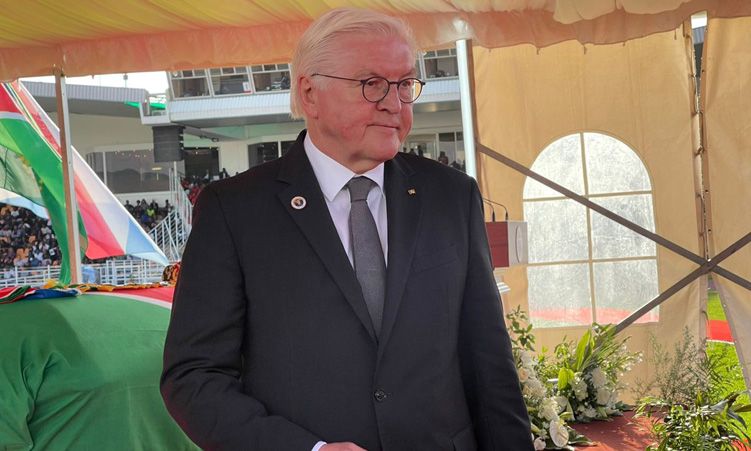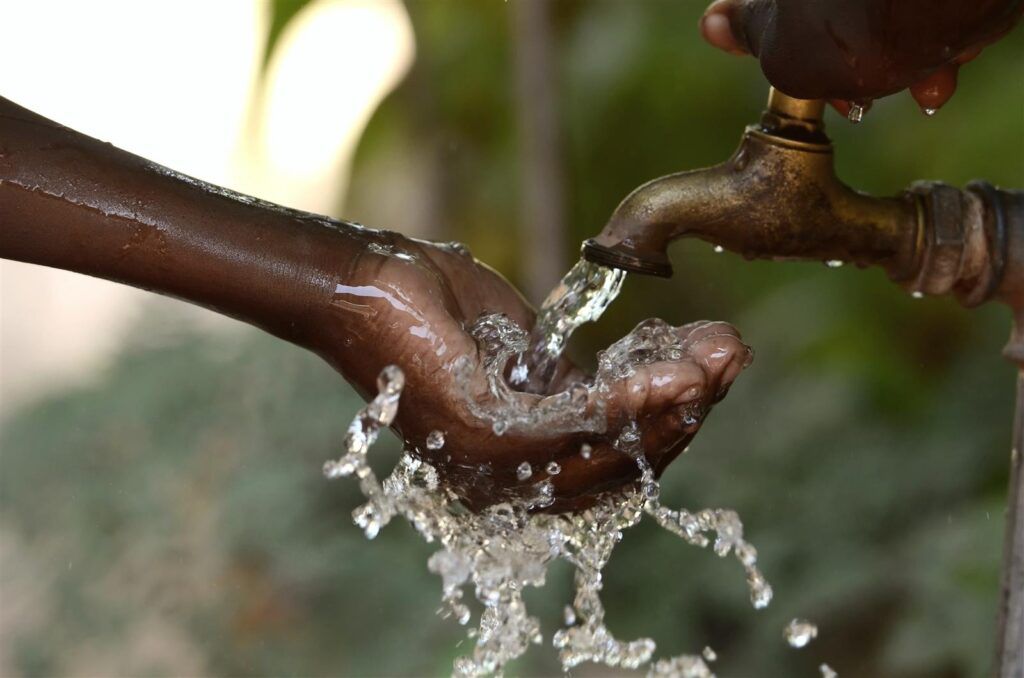ADDIS ABABA – Raising capital is the biggest constraint facing private equity firms seeking to invest in potential projects in Sub-Saharan Africa, the chairman of Egyptian private equity firm Citadel Capital said.
Citadel, which has focused on the Middle East and north Africa but is also looking to expand its portfolio in Sub-Saharan Africa, has US$4,3 billion of assets under management.The firm has a 51 per cent stake in Rift Valley Railways, the railway running from Kenya’s Mombasa port to Uganda, two gold mining concessions in Ethiopia and some projects in South Sudan, including a tract of land being cultivated for food crops.Chairman Ahmed Heikal told Reuters in an interview at the World Economic Forum in Addis Ababa that Citadel was looking at further investments, just in east Africa at this point.’Power is certainly very important, energy, especially distribution of energy, not necessarily upstream oil and gas, transportation and food processing’’ he said, declining to give details on potential deals in the pipeline.’The central idea is build companies in Egypt and use them as a platform to invest in the region,’ he said.But Haikal said raising capital was difficult, especially given the global economic backdrop and the relatively small size of local banking markets in Sub-Saharan Africa.’The European banking sector is retrenching, there is a deleveraging that is taking place in Europe. That will impact availability of finance for Africa, there are no two ways about it,’ he said.There is growing interest among private equity firms in Sub-Saharan Africa, where economies are growing fast at a time developed nations, especially in Europe, are still struggling with the fallout from the financial crisis.INVESTOR TRILOGY’Financing today is a significant constraint. You have local banking sectors across Africa that cannot support the type of projects that are needed, and hence you need to get outside capital in a global environment that is not benign,’ he said.According to the World Bank, Sub-Saharan Africa is expected to grow 5,4 per cent this year. Stripping out South Africa, expansion will be running at more than six per cent. But economists and African leaders recognise the continent still suffers from huge obstacles thanks to poor infrastructure, while vast tracts of idle potential arable land are also the focus of foreign investors.Heikal said firms had to rely on a ‘trilogy’ of investors: development finance institutions like the African Development Bank and International Finance Corporation; sovereign wealth funds in the Gulf and Asia, and export credit agencies.’This trilogy is very important for Africa. Because you are in a situation where money is not going to be available, plus the rules imposed on project finance under Basel III will make it extremely expensive to finance new projects,’ he said.The Basel III raft of new regulations on capital and liquidity are forcing many lenders to scale back their businesses and hold more cash.’The South African banks are there but it’s not enough, they are not enough. There is an arsenal that is there today with this trilogy plus some of those banks. You need to have all the arsenal,’ he said.Heikal said the crisis between South Sudan and Sudan which has seen repeated clashes in disputed border areas was a worry.But he said Citadel was pushing ahead with plans to grow staple crops on up to 40 000 acres in South Sudan. Some 6 000 acres will be planted with maize and sorghum in the next few weeks, he said.’Those skirmishes that are happening are not exactly helping,’ he said. – Nampa-Reuters
Stay informed with The Namibian – your source for credible journalism. Get in-depth reporting and opinions for
only N$85 a month. Invest in journalism, invest in democracy –
Subscribe Now!







